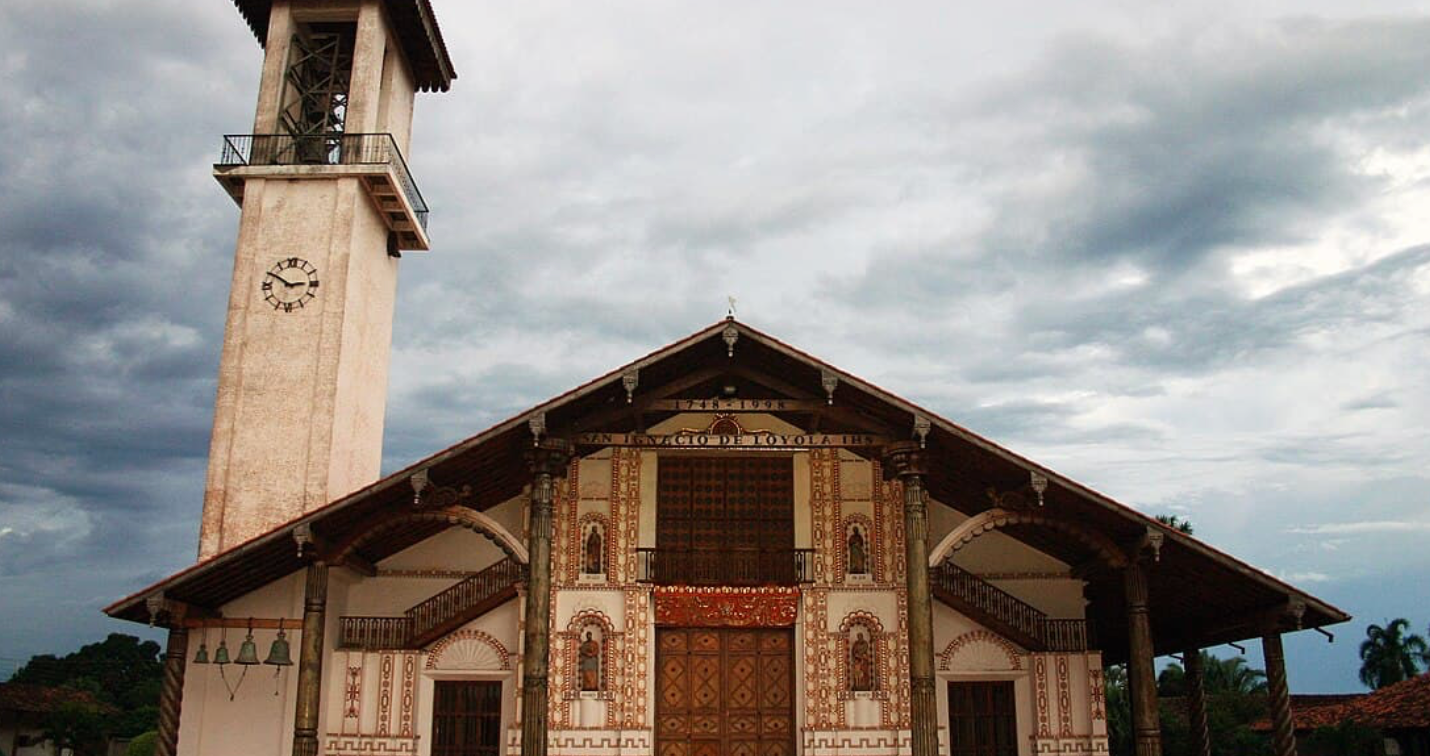The recent raid on the residence of Bishop Karl Stetter, an esteemed figure known for his dedication to social causes in Bolivia, has brought the relationship between the Church and the Bolivian government into the spotlight. Stetter, renowned for his work with Indigenous communities and educational initiatives, now finds himself embroiled in accusations concerning financial irregularities.
Conducted by prosecutors and law enforcement officials, the raid targeted not only Stetter’s home but also the office of a lawyer associated with the Diocese of San Ignacio de Velasco. This action, which resulted in the seizure of documents, funds, and a vehicle, has raised questions about the origins of Stetter’s assets and investments.
In response, Stetter has expressed his willingness to cooperate with the investigation, emphasizing his commitment to transparency. The Diocese of San Ignacio de Velasco has condemned the raid as an unjust attack on a respected member of the clergy, highlighting Stetter’s significant contributions to social welfare programs.
The Bolivian Episcopal Conference (CEB) has also stood in support of Stetter, praising his integrity and transparency in administrative matters. However, concerns have been voiced by Bishop Aurelio Pesoa of Beni regarding the nature of the accusations against Stetter, cautioning against potential abuse of power and intimidation tactics.
While some speculate about political motives behind the investigation, others view it as a localized issue rather than a targeted assault on the Church. Lay theologian Miguel Miranda suggests that internal divisions within the government may influence such actions, with different factions leveraging legal mechanisms for their own agendas.
Despite historical tensions between the Church and the Bolivian government, including disagreements over policies, Miranda believes that systematic persecution against the Church is improbable. However, he acknowledges the potential for certain individuals associated with the government to exploit controversies to target the Church.
In conclusion, the raid on Bishop Stetter’s residence has reignited discussions about the Church’s role in Bolivia and the challenges it faces in navigating its relationship with the government amidst evolving political dynamics and ongoing social controversies.






0 Comments